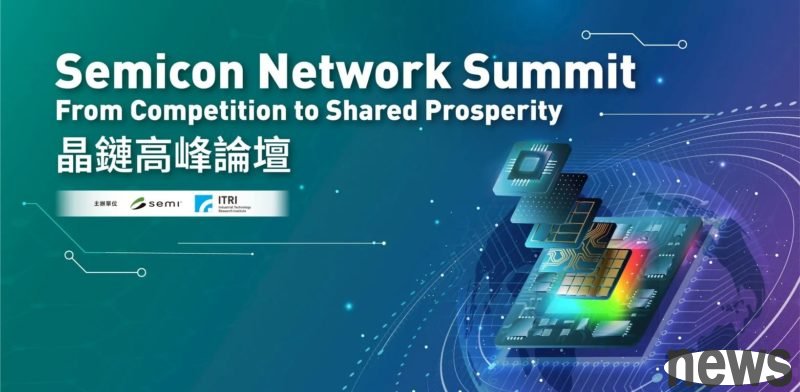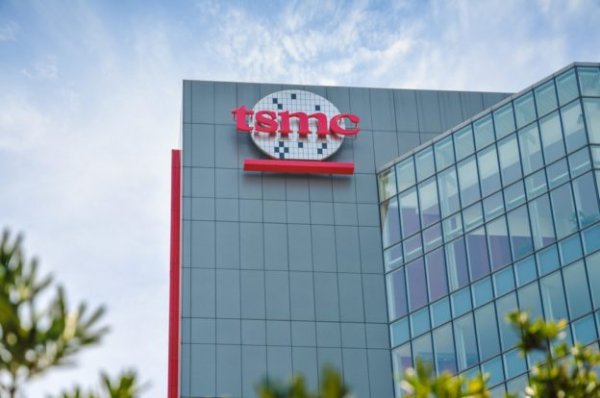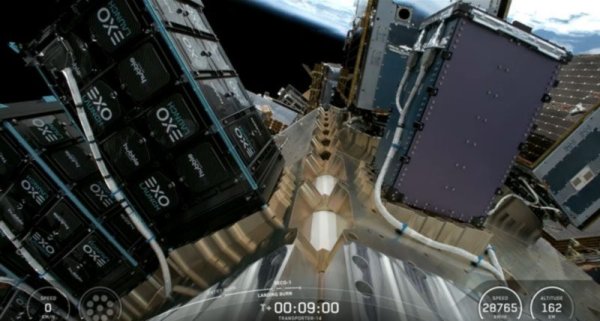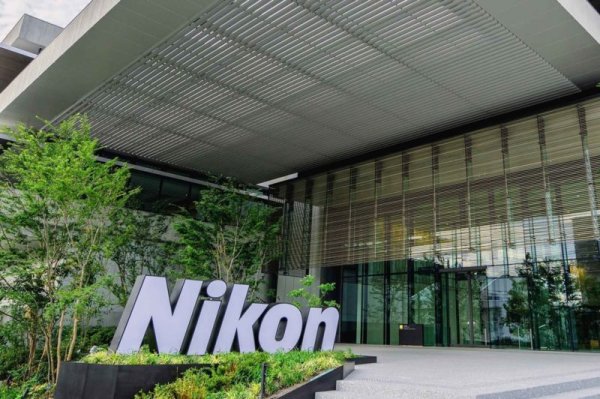Japan-Taiwan Exchange Association: Without the semiconductor manufacturing in Taiwan, the US AI is in danger

Kawahiro, deputy representative of the Japan-Taiwan Exchange Association, attended the Crystal Link Summit Forum today and said that Taiwan's semiconductor industry is ahead of the world and develops a complete ecosystem; if semiconductor products made in Taiwan cannot be obtained, the US AI industry will be in jeopardy, and the US cannot have Taiwan semiconductor products.
US President Trump announced that he would impose taxes on semiconductor products not in the US, and Sichuan-Hong Kong's current crystal link peak forum expressed his views. He said that if the policy is really implemented, it will cause great harm to Japan's semiconductor industry.
Kawakawa said that Japan's semiconductor industry is in a resurgence. If the United States activates taxes on semiconductors, it will affect the supply chain of Japanese semiconductor industry. The United States adopts a one-sided tax policy and violates the WTO's most favorable country treatment, and there will be no benefits in the long run.
Chuhe said that Taiwan's semiconductor industry is ahead of the world and develops a complete ecosystem; if semiconductor products manufactured in Taiwan cannot be obtained, the US AI industry will be in jeopardy, because the US cannot do without Taiwan's semiconductor products.
Global Marketing Director of the International Semiconductor Industry Association (SEMI) and Taiwan Region President Cao Shiling, the European Union's Digital Economic Policy Minister Peter Fatelnig, and the British representative of the Taiwan Office Bao Qingyu and Sichuan Province, discussed the construction of a global semiconductor network dialogue.
Cao Shiling said that semiconductors are indispensable industries in modern times. Whether they are software and hardware, they need semiconductors as the basis. The estimated semiconductor industry value will reach US$1 trillion in 2030.
Due to the hot demand for semiconductors, Cao Shiling said that there are as many as 100 crystal plants being built around the world, and Europe, the United States, Asia and other countries are vigorously promoting semiconductor industries. In order to ensure national and industrial safety, more R&D centers and manufacturing centers need to be built to strengthen the industrial integrity of semiconductors, and to strengthen the supply chain through international cooperation.
Cao Shiling said that in the past, the semiconductor industry development centers dominated by Taiwan, Japan, South Korea and China, have now developed semiconductors in Europe, the United States and other countries, and Southeast Asia has also actively created semiconductor supply chains. Looking to the future, global cooperation is needed to lead semiconductor industry into the next generation to overcome challenges such as geopolitical and environmental challenges.
In addition, regional dialogue needs to be promoted, and more importantly, we hope to continue to pursue innovation and strengthen the industrial integrity of semiconductors.
Peter Fatelnig said that the European Union has launched a chip bill to assist in research and development and will continue to promote it in the future. There are many uncertainties in the industry, and it is necessary to continue to make government industry cooperation more stable. We cannot urgently promote policies. We need to carefully consider what partners are needed to promote industry development.
Bao Yanyu believes that it is necessary to balance safety and efficiency, strengthen cooperation with trusted partners, and cooperation with Taiwan is very important; in addition, digital trade needs to be safe, transparent and trustworthy.
Bao Qingyu said that the UK has four major advantages. Arm is a very well-known company from the UK. The UK also has packaging and testing technology. This year, there are British museums and world-class universities. There are also many exclusive enterprises, and they continue to promote research and development. The UK will pay a 10 billion US dollar fee in 2024; there is also a strong market.
In terms of Taiwan-UK cooperation, Bao Qingyu said that the Institute of Technology has recently opened an office in the UK. Both parties have many research and development exchanges to eliminate obstacles to high-tech industry cooperation. International factories such as Arm have cooperated with Taiwan to bring Britain's innovation capabilities into Taiwan and hand them over to Taiwan's factory production, and each has its own development locations.




